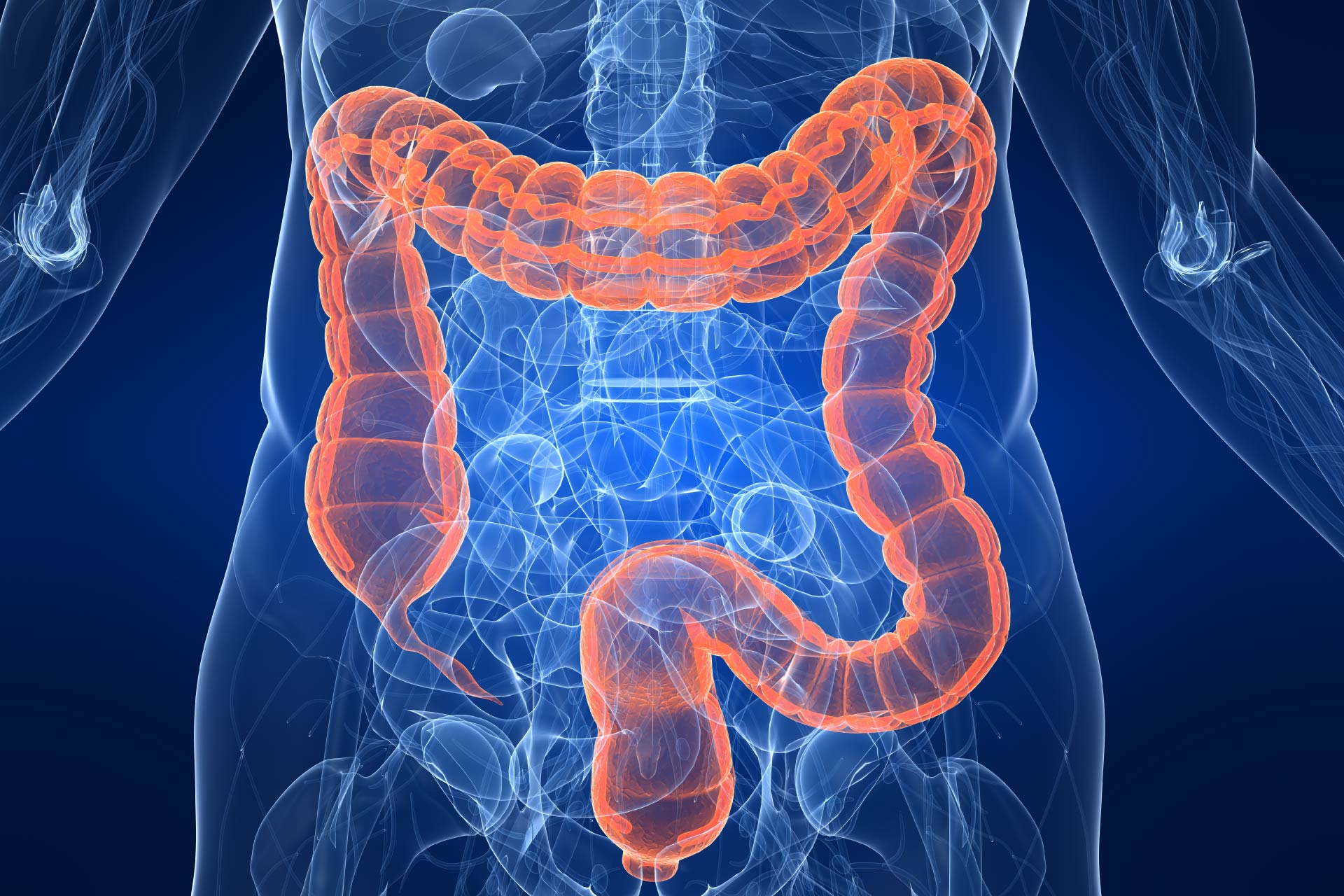• Infection susceptibility
• Metabolite effects
What is already known on this topic
Cryptosporidium is a microscopic parasite that can cause diarrheal illness in people with compromised or underdeveloped immune systems. The parasite invades the cells lining the gut, where it is exposed to dietary metabolites as well as those produced by the microbiota. But the effects of gut metabolites on susceptibility to Cryptosporidium infection remain poorly understood.What this research adds
Researchers tested the effects of different gut metabolites on Cryptosporidium parvum invasion and growth of gut cells in newborn mice. Specific fatty acids, including myristic acid and palmitic acid, inhibit the parasite’s growth, whereas another class of fatty acids, including some members of the omega-3 and omega-6 fatty acid families, promote invasion, likely by facilitating Cryptosporidium adhesion to host cells.Conclusion
The findings suggest that gut metabolites can influence Cryptosporidium growth and may contribute to the increased susceptibility to Cryptosporidium infection observed in newborns. The study could also help to understand the potential effects of diet, the microbiota, and the immune system on the susceptibility of infants to Cryptosporidium infection and to other gastrointestinal infections.
Cryptosporidium is a microscopic parasite that can cause diarrheal illness in people with compromised or underdeveloped immune systems. A new study in mice shows that different gut metabolites can influence the parasite’s growth and invasion of intestinal cells — a finding that could help to understand the potential effects of diet, the microbiota, and the immune system on the susceptibility of infants to Cryptosporidium infection and to other gastrointestinal infections.
“Cryptosporidium sp. has gained notoriety in recent years due to its surprising prevalence as a major enteric diarrheal pathogen in children under 2 years of age in Africa and Southeast Asia,” the researchers say. The parasite is known to invade the cells lining the gut, where it is exposed to dietary metabolites as well as those produced by the microbiota. But the effects of gut metabolites on susceptibility to Cryptosporidium infection remain poorly understood.
Working in newborn mice, David Sibley at Washington University School of Medicine and his colleagues studied the changes in susceptibility to Cryptosporidium infection as well as alterations in gut metabolites on the growth of Cryptosporidium parvum, a species that infects humans and a wide variety of domestic livestock. The findings were published in mBio.
Infection susceptibility
First, the researchers infected newborn mice with Cryptosporidium parvum. Rodents infected at 1 week of age had the highest number of parasites per gram of intestine, and parasite numbers decreased as the mice grew up, suggesting that mice are most susceptible to infection within the first 2 weeks of life.
Next, the team set out to identify the gut metabolites that are prevalent in mice when they are most susceptible to Cryptosporidium infection. To do so, the researchers quantified metabolites present in small intestine samples, which were also used for the microbiota analysis.
Fatty acids were most common in samples from 1-week-old mice, whereas other metabolites, such as glucose-6-phosphate, were enriched in the first 2 weeks of life but decreased by 3 weeks. Sugar alcohols were more abundant at 3 weeks than at 6 weeks, whereas the levels of amino acids and bile acids were highest at 6 weeks of life.
Metabolite effects
To determine if any of these molecules could promote Cryptosporidium infection, the researchers screened 43 metabolites for their effect on C. parvum growth in human intestinal cells grown in a laboratory dish. Of the 43 metabolites screened, 7 substantially inhibited C. parvum growth, and 15 enhanced it.
In particular, medium- and long-chain saturated fatty acids such as myristic acid and palmitic acid inhibited C. parvum growth, whereas some members of the omega-3 and omega-6 fatty acid families promoted the parasite’s growth, likely by facilitating its adhesion to host cells.
Although the experiments were performed in a dish, the findings could have important implications for Cryptosporidium infections in people, since the human microbiota undergoes similar transitions as the mice microbiota, the researchers say. However, they note, there are likely other factors, including the maturation of the immune system, that could contribute to the increased susceptibility of newborns to Cryptosporidium.









